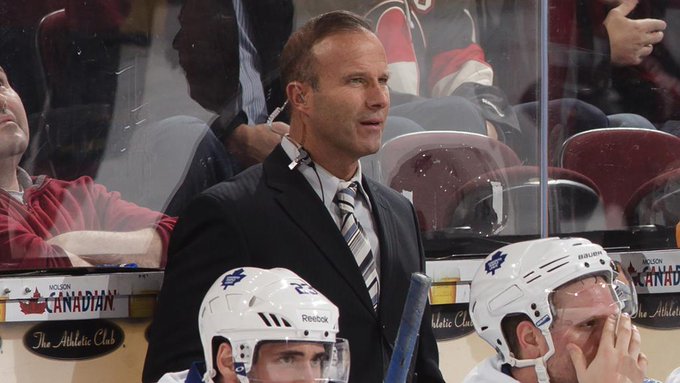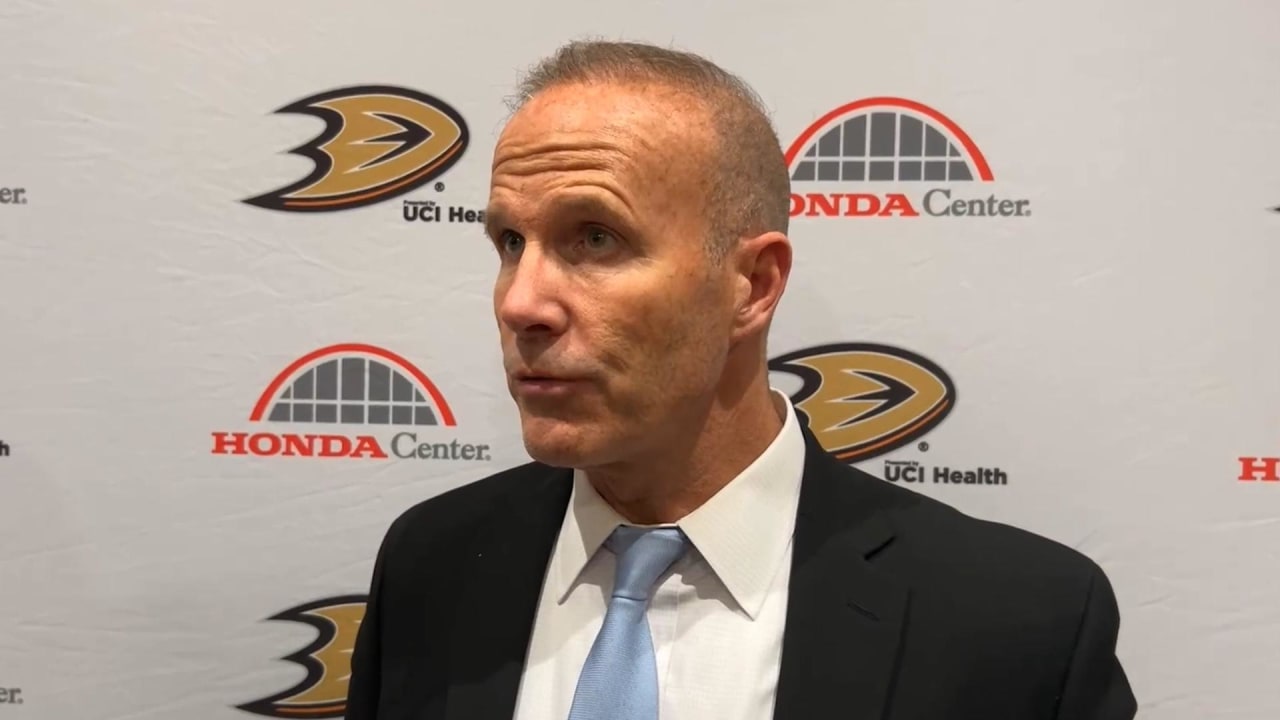Greg Cronin, a seasoned coach in the world of ice hockey, is known for his strategic mind, dedication, and ability to develop young talent. As the head coach of the Colorado Eagles in the American Hockey League (AHL), Cronin’s day-to-day responsibilities are multifaceted, blending the pressures of competition with the nuances of mentorship. This article offers an in-depth look at a typical day in Cronin’s life, illustrating the demands of his role and the insights that come from years of experience in coaching.
The Early Morning Routine

For Cronin, the day begins early. Coaches often rise before dawn to ensure they are mentally prepared for the challenges ahead. Cronin’s morning routine includes:
- Physical Fitness: A quick workout to maintain his stamina and focus. Coaches need to be in shape to keep up with the demands of the game and their players.
- Game Film Review: Cronin spends time analyzing game footage from previous matches, focusing on both his team’s performance and that of upcoming opponents.
- Strategic Planning: He outlines the day’s practice objectives based on the findings from the film review, ensuring that every session is purposeful.
This early preparation sets the tone for the rest of the day, allowing Cronin to approach his responsibilities with clarity and confidence.
At the Rink: Practice Time
Once Cronin arrives at the rink, the atmosphere shifts as players begin to trickle in. A typical practice day includes:
- Team Meetings: Cronin holds a brief meeting to update the players on practice goals, discuss the previous game, and highlight areas for improvement.
- On-Ice Drills: The practice sessions are meticulously planned, incorporating various drills that focus on skill development, teamwork, and tactical execution.
- Feedback and Adjustment: Throughout practice, Cronin provides immediate feedback to players, helping them adjust their techniques and strategies on the fly.
For instance, if a player is struggling with their puck control, Cronin may implement specific drills to enhance that skill, ensuring that no player is left behind.
Building Relationships: The Mentor Role
A significant aspect of Cronin’s job is his role as a mentor. Building relationships with players is crucial for fostering a positive team environment. Cronin practices this through:
- Open Communication: He encourages players to voice their concerns, thoughts, and aspirations, creating a culture of trust.
- One-on-One Meetings: Cronin regularly schedules individual meetings with players to discuss their performance and personal development goals.
- Team-Building Activities: Engaging in off-ice activities helps strengthen camaraderie among players, which translates to better on-ice performance.
These elements of mentorship not only aid in player development but also foster a sense of unity within the team, essential for success in competitive sports.
Game Day: The Pressure Mounts

On game days, Cronin’s routine shifts dramatically. The energy in the rink is palpable, and every decision carries weight. Key activities include:
- Pre-Game Strategy Session: Cronin meets with his coaching staff to finalize strategies based on the opponent’s strengths and weaknesses.
- Warm-Up Preparation: He oversees the pre-game warm-up, ensuring that players are mentally and physically ready to compete.
- In-Game Adjustments: During the game, Cronin makes real-time decisions, adjusting lines and strategies based on the unfolding dynamics of the match.
For example, if the opposing team’s power play is particularly effective, he may shift defensive pairings to counteract their strategy. Such decisions can be the difference between victory and defeat.
Post-Game Reflections
After the game, win or lose, Cronin’s work is far from over. His post-game routine typically involves:
- Team Debrief: Cronin gathers the team to discuss the game, highlighting both successes and areas needing improvement.
- Player Evaluations: He assesses individual performances and provides constructive feedback to help players grow.
- Game Analysis: Reviewing game footage immediately after the match allows him to identify patterns and prepare for the next practice.
Even after a tough loss, Cronin emphasizes the importance of learning from mistakes, fostering resilience and growth in his players.
Balancing Life as a Coach

The role of a coach extends beyond the rink. Cronin must also balance his professional responsibilities with personal life. This includes:
- Family Time: Ensuring he spends quality time with his family helps maintain his emotional well-being, which is vital for his performance as a coach.
- Continuous Learning: Cronin dedicates time to his own professional development by attending coaching clinics, reading literature on sports psychology, and studying new coaching methodologies.
- Community Engagement: Involvement in community outreach programs helps build the team’s brand and strengthens community ties.
This holistic approach to life as a coach is essential for long-term success both on and off the ice.
Conclusion: The Heart of Coaching

Greg Cronin’s day-to-day life as a coach exemplifies the dedication, strategic thinking, and emotional intelligence required to succeed in a competitive environment like the AHL. From the early morning routines that prepare him for the day to the pressures of game day and the importance of mentorship, Cronin’s role is multifaceted and demanding.
His commitment to developing players and fostering a positive team culture highlights the essence of coaching—it’s not just about winning games, but about shaping young athletes into not only better players but also better individuals. The insights gained from Cronin’s daily experiences serve as a testament to the profound impact a coach can have on the lives of their players and the broader community. As the landscape of sports continues to evolve, leaders like Greg Cronin set the standard for what it means to be a successful coach in today’s world.